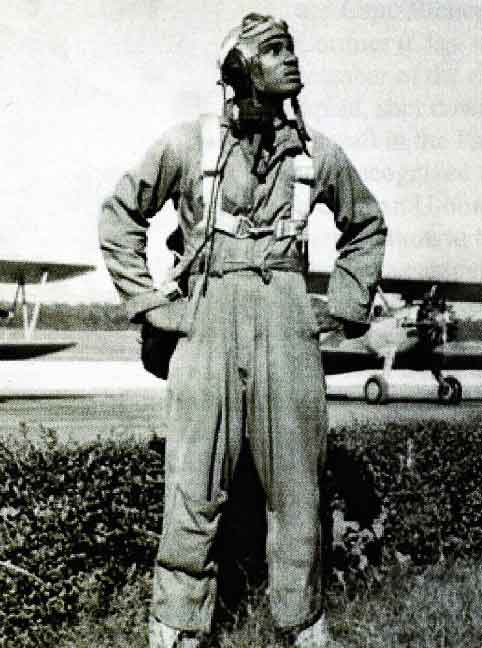
Dr. Wendell Lipscomb – ARG’s first grant recipient — Department of Special Collections, San Diego State University Library.
At ARG’s holiday party, where colleagues, friends and family gathered in the organization’s offices in Emeryville, CA, I was struck by the diversity of people in attendance. While young children scribbled in coloring books in an adjoining room with parents watching on, older individuals sat together in the reception area, discussing the old days when ARG consisted of a handful of people intent on changing the world of alcohol research.
One of those individuals was Walter Clark who was hired as a research assistant on the first ARG study. When I asked him how it all began, he paused while looking around the crowded room then said, “That first grant we applied for was only supposed to last one year and now look at it. It’s still going strong. That’s something.”
That was 1959 and that is something.
In the early half of the 20th century, the field of alcohol research focused primarily on alcoholism, that is, it only looked at those individuals who were at the far end of the drinking spectrum. At the time, little was known about the rest of the population and their drinking behaviors. In 1959, when Berkeley psychiatrist and former member of the Tuskegee Airmen, Wendell Lipscomb, received a grant from the National Institute of Mental Health (NIMH), he and his team sought to change this perspective by conducting the first general population survey on alcohol practices. According to Clark, whose first task on the project was to review the research to date, the literature was lacking.
Clark found that the Gallup Polls in the 1930s included a dichotomous question asking participants whether they drank or not, while later studies in the 1940s and early 1950s measured drinking frequency with one study looking at drinking problems among college students. Outside of this work, the dominant approach to alcohol research was the use of clinical samples, including Jelinek’s study of Alcohol Anonymous (AA) participants.
Lipscomb’s project, the California Drinking Practices (CDP) Study, a series of studies that ran to 1968, directed first by Ira Cisin and then by Genevieve Knupfer, paved the way for a broader approach to alcohol research which included representative samples of the general adult population. It is from this ground-breaking work that the Social Research Group, which later became the Alcohol Research Group, was born.
Under the direction of Knupfer, a sociologist and practicing psychiatrist, the later series of CDP studies followed-up individuals longitudinally and included measures of not just how much people were drinking but patterns of drinking within the population, such as assessing who had problems with alcohol and why, as well as who abstained and their reasons for not drinking. Knupfer and colleagues also measured differences in consumption and a number of specific alcohol-related problems based on ethnicity and sex. It was this disaggregated view and their longitudinal approach to measuring drinking patterns that remain a strong foundation for the current work being done in alcohol research.
In 1962, after piloting interviewing techniques in Berkeley and San Francisco, CA, and on the East Coast in Hartford, CT, and Richmond, VA, Knupfer and her team conducted the first US national probability-sample survey on alcohol patterns. Focus areas included estimating drinking amounts within subgroups, such as sex and age, as well as socioeconomic status, race and religion, types of drinks consumed, drinking context and opinions, and characteristics of people who drink.
Since that first national study, ARG has continued to conduct the National Alcohol Survey (NAS), now administered through its National Alcohol Research Center. Spanning over 35 years with commensurate measures, the NAS continues to build on the pioneering and enduring work of the organization’s founders – a small group of dedicated researchers who managed to take that one-year project and make its impact last for 60 years.
That truly is something.
— Diane E. Schmidt, Communications Specialist
References
Cahalan, D., Cisin, I. H., & Crossley, H. M. (1967). American drinking practices: A national survey of behavior and attitudes related to alcoholic beverages. Washington: Social Research Group, George Washington University.
Clark, W. (2006). Conversation with Walter Clark. Addiction, 101(12), 1690-1695.
Knupfer, G. (1988). Conversation with Genevieve Knupfer. British Journal of Addiction, 83(12), 1395.
Room, R. (2006) Genevieve Knupfer, 1914-2005: Turning presumption into researchable questions. Addiction, 101(5), 746-747.





